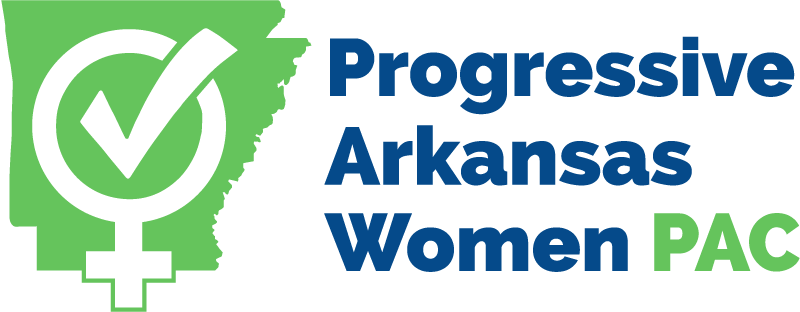
Anti-Abortion Myths
Did you know that currently there are 281 individual children and 64 sibling groups (2 or more children) awaiting adoption in Arkansas? These figures do not include newborns. So naturally, when I read these numbers and saw the photos of the children on the Arkansas Dept. of Human Services website, the first question that popped into my head was, Where are all those dogmatic, anti-abortion activists? The ones who insist that a woman, once pregnant, has to give birth, no matter her physical, financial, emotional, or other practical circumstances and no matter how unwanted a child might be. You’d think all those zealous “right-to-lifers” would be lining up to adopt these children who so desperately want homes. You’d think that those Christian churches who get their 1000s of parishioners out to march against a women’s right to choose and urge their parishioners to vote Republican would be recruiting these same people to provide loving homes to these children in search of loving homes. Well, you would be wrong. That’s an anti-abortion myth.
That is why the only logical conclusion is that “pro-life” is a misnomer. A better name for the anti-abortionists would be “pro-birth”. These people don’t really care for the lives of children after they are born; otherwise, there would be very few awaiting adoption. But for some reason, the anti-abortionists want to make sure that pregnant women give birth, or want to make sure that women who have sex and get pregnant somehow don’t get away with being so careless. It seems more about punishing women than caring for lives.
Another myth anti-abortionists tell is that they pass all those laws restricting access to legal abortion because they are concerned with women’s welfare and safety. In recent years, the Arkansas legislature has passed 25 obstructionist and restrictive laws. All these laws are introduced by legislators proclaiming that they are to protect a woman from making a choice she will regret and protecting her health and safety from a “dangerous” procedure. You can watch what bill sponsors said about anti-abortion bills by accessing the Arkansas House’s video library. There is no truth to legislators’ claims. Most of these laws have been challenged in court, and no judge has found that any of these laws add any medical benefit to what is already an incredibly safe procedure. The waiting periods of three days; “informed consent” that consists of providing reams of state-mandated information of dubious value and, in some cases, containing outright falsehoods; draconian inspection laws that require a clinic to be shut down for a dirty towel on the floor or a ripped cloth chair, and asking abortion providers to obtain the consent of a fetus’s father to dispose of fetal tissue, which most times is the size of a pea, do not promote women’s health or well-being. The truth is that these laws are only meant to make it harder for women to obtain and providers to do abortions. This is obvious from the hypocritical argument the state’s lawyers make when defending these laws. Their argument goes like this: “Even if abortion clinics are shut down in Arkansas, women can still go out of state to Tulsa or Memphis to get an abortion.” So a woman can travel of state where the laws are less obstructive and theoretically less safe. Where are the safety concerns of these anti-abortion legislators for these women?
Yet another myth: anti-abortion laws reduce the number of abortions. There is scant evidence this is so. In fact, recent studies show that abortion numbers have declined at the same rate in states with friendly and unfriendly laws toward abortion ones and is most likely due to longer-lasting contraception and fewer pregnancies. What the laws do is make it harder for all women to exercise their reproductive choice and virtually impossible for poor women. But, history shows that while anti-abortion laws make safe and legal abortions more difficult to access, abortions will not cease. In fact, one in four women has an abortion in their lifetime and there is no indication, this rate will decrease. www.guttmacher.org/fact-sheet/induced-abortion-united-states. In my youth, women turned to back-alley providers with sometimes harmful results; nowadays, women are turning to the black market of abortion pills. The pills are cheap, compared to an in-clinic procedure, and safe, and the aborted pregnancy presents as a miscarriage that occurs at home. (For this reason, the actual number of abortions is under-counted.)
I understand that abortion is a controversial and emotional topic. But, isn’t it preferable to engage in an honest, if heated, discussion about it rather than rely on myths and lies?
Stay tuned for more honest discussion of abortion.

